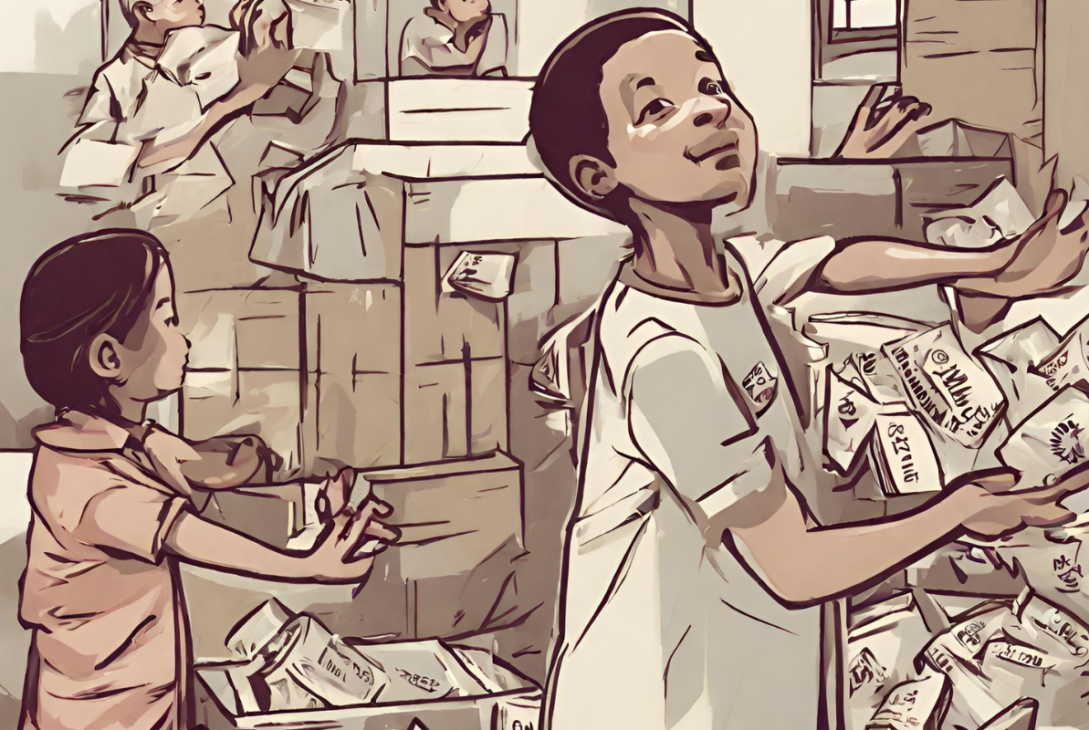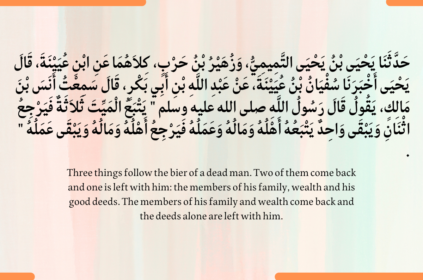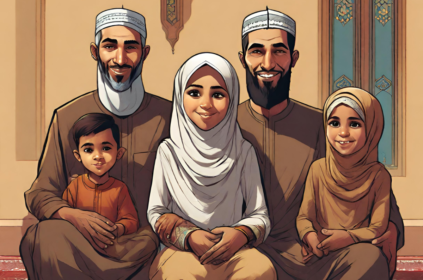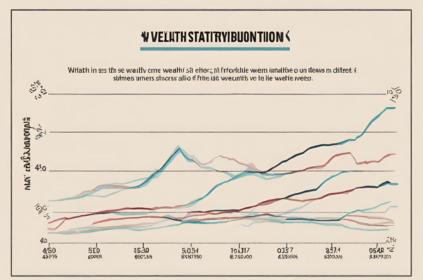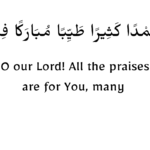بِسْمِ ٱللَّٰهِ ٱلرَّحْمَٰنِ ٱلرَّحِيمِ
In Islam, the importance of charity, known as Sadaqah, cannot be overstated. It is a cornerstone of our faith, a way to fulfill our obligations to others. It is also a means to earn immense rewards in the afterlife. Giving sadaqah on behalf of the deceased is one of them too.
But what happens when a loved one passes away before they have a chance to fulfill their charitable intentions?
Hadith About Giving Sadaqah on Behalf of the Deceased
حَدَّثَنَا مُوسَى بْنُ إِسْمَاعِيلَ، حَدَّثَنَا حَمَّادٌ، عَنْ هِشَامٍ، عَنْ أَبِيهِ، عَنْ عَائِشَةَ، أَنَّ امْرَأَةً، قَالَتْ يَا رَسُولَ اللَّهِ إِنَّ أُمِّيَ افْتُلِتَتْ نَفْسُهَا وَلَوْلاَ ذَلِكَ لَتَصَدَّقَتْ وَأَعْطَتْ أَفَيُجْزِئُ أَنْ أَتَصَدَّقَ عَنْهَا فَقَالَ النَّبِيُّ صلى الله عليه وسلم “ نَعَمْ فَتَصَدَّقِي عَنْهَا ” .
A woman said: Messenger of Allah, my mother suddenly died; if it had not happened, she would have given sadaqah (charity) and donated (something). Will it suffice if I give sadaqah on her behalf? The Prophet (ﷺ) said: Yes, give sadaqah on her behalf.
Source: Sunan Abi Dawud 2881
Narrated by: Aisha, Ummul Mukminin (RA)
A beautiful hadith provides guidance and solace in this situation. It narrates the story of a woman who approached the Prophet Muhammad (ﷺ) with a heartfelt concern.
Her mother had passed away suddenly, leaving unfulfilled charitable desires. The woman inquired, “Messenger of Allah, my mother suddenly died; if it had not happened, she would have given sadaqah and donated (something). Will it suffice if I give sadaqah on her behalf?”
The Prophet’s (ﷺ) response was swift and reassuring: “Yes, give sadaqah on her behalf.”
This simple yet profound hadith offers a powerful message: giving sadaqah on behalf of the deceased can benefit them in the afterlife.
This act of charity, known as Sadaqah Jaariyah, continues to accrue rewards even after the giver’s passing. It is like a continuous stream of good deeds, flowing from the living to the deceased, bringing them blessings and elevating their station in the Hereafter.
Significance of The Hadith About Giving Sadaqah on Behalf of the Deceased
The significance of this hadith extends far beyond mere theological explanation. It provides immense comfort and peace to those who have lost loved ones. It allows them to continue expressing their love and care even when their physical presence is gone.
By giving sadaqah in their name, we keep their memory alive and ensure that their good deeds continue to flourish.
Furthermore, the hadith serves as a powerful reminder of the impermanence of life. It emphasizes the need to act with urgency and fulfill our obligations while we still have the opportunity.
It encourages us to seize every moment to do good, knowing that the rewards of our actions will continue to benefit us long after we are gone.
Giving Sadaqah: Verse From The Holy Quran
Numerous other hadiths and verses from the Quran further support the practice of giving sadaqah on behalf of the deceased.
For instance, the Prophet (ﷺ) said, “When a man dies, his good deeds come to an end except for three: ongoing charity (Sadaqah Jaariyah), knowledge that is beneficial to others, and a righteous child who prays for him.” (Sahih Muslim)

Likewise, the Quran states, “Those who spend their wealth in the way of Allah are like a seed [of grain] which grows seven spikes; every spike produces a hundred grains. And Allah increases the reward for whom He wills. And Allah is All-Encompassing, Knowing.” (Surah Al-Baqarah: 261)
The practical applications of this hadith are numerous. One can give sadaqah on behalf of the deceased in various ways, such as:
- Donating to charitable organizations that work towards causes close to the deceased’s heart.
- Building wells, planting trees, or establishing educational facilities, which provide ongoing benefits to the community.
- Sponsoring orphans or widows, offering them support and opportunities for a better life.
- Performing Hajj or Umrah on behalf of the deceased.
- Simply giving cash donations to people with low income and needy in their name.
By incorporating these practices into our lives, we can not only fulfill a noble religious duty but also honor the memory of our loved ones and contribute to a more just and compassionate world.
Conclusion
In conclusion, the hadith regarding giving sadaqah on behalf of the deceased holds immense significance for Muslims across the globe.
It offers comfort to the living and brings blessings to the deceased. Furthermore, it reminds us of the lasting impact of our good deeds.
Let us embrace this beautiful practice and strive to leave behind a legacy of generosity and compassion. May it continue to benefit generations to come too.
Together, we can make a positive difference in the world. As always, do share this article out to all of your family and friends. May it be one of the long lasting good deeds that rewards us well. Here and in the hereafter, InsyaAllah.
